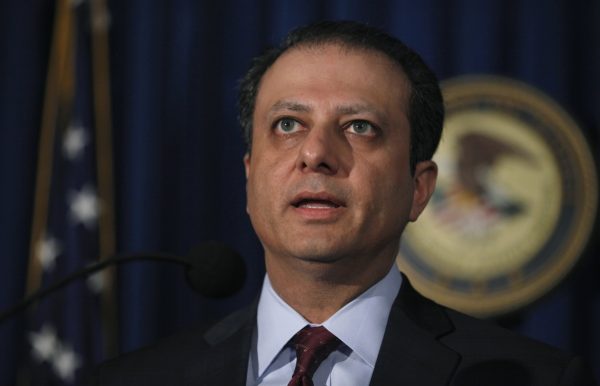Manhattan U.S. Attorney Preet Bharara announced on September 22, 2016, that the Department of Justice has intervened in a customs fraud case alleging that Yingshun Garments, an importer of Chinese women’s apparel, and several other affiliated individuals and entities engaged in a scheme that presented false invoices to Customs and Border Protection (CBP) to avoid paying import duties on Chinese manufactured clothing.
The Department of Justice complaint, filed under the False Claims Act, alleges that Yingshun and its biggest customer Notations, Inc., a Pennsylvania corporation, engaged in a false invoicing scheme to undervalue the clothing being reported to CBP. Undervaluation results in fraud to the United States because the import duties are calculated on an “ad valorem” basis by multiplying the value of the merchandise by the applicable duty rate. The average actual price for these garments was approximately $6.50-$9.20, however the false documentation filed with CBP routinely represented the price as $1.00-$1.20. Notations is alleged to have knowingly accepted false invoices and to have received discounts for its role in the scheme. Throughout Notations’ business relationship with Yingshun, roughly from 2009 to 2014, Notations placed orders for more than 1.8 million garments. Therefore, the false invoice scheme is alleged to have cost the government millions of dollars in unpaid duties.
The case was originally filed under the qui tam provisions of the False Claims Act. The whistleblower, known as a relator, is a resident of Australia and the mother of a former employee of Yingshun. The Relator’s son became aware of the fraud when he worked as a sales representative for Yingshun in 2009. If the case is successful, the government can recover three times the amount of the duties fraudulently evaded. The whistleblower, who originally filed the case, is entitled to 15-30% of the government’s recovery as well as their attorney’s fees.






Talk with an Expert
Frohsin Barger & Walthall
Call 205.933.4006 or
Send us a Message